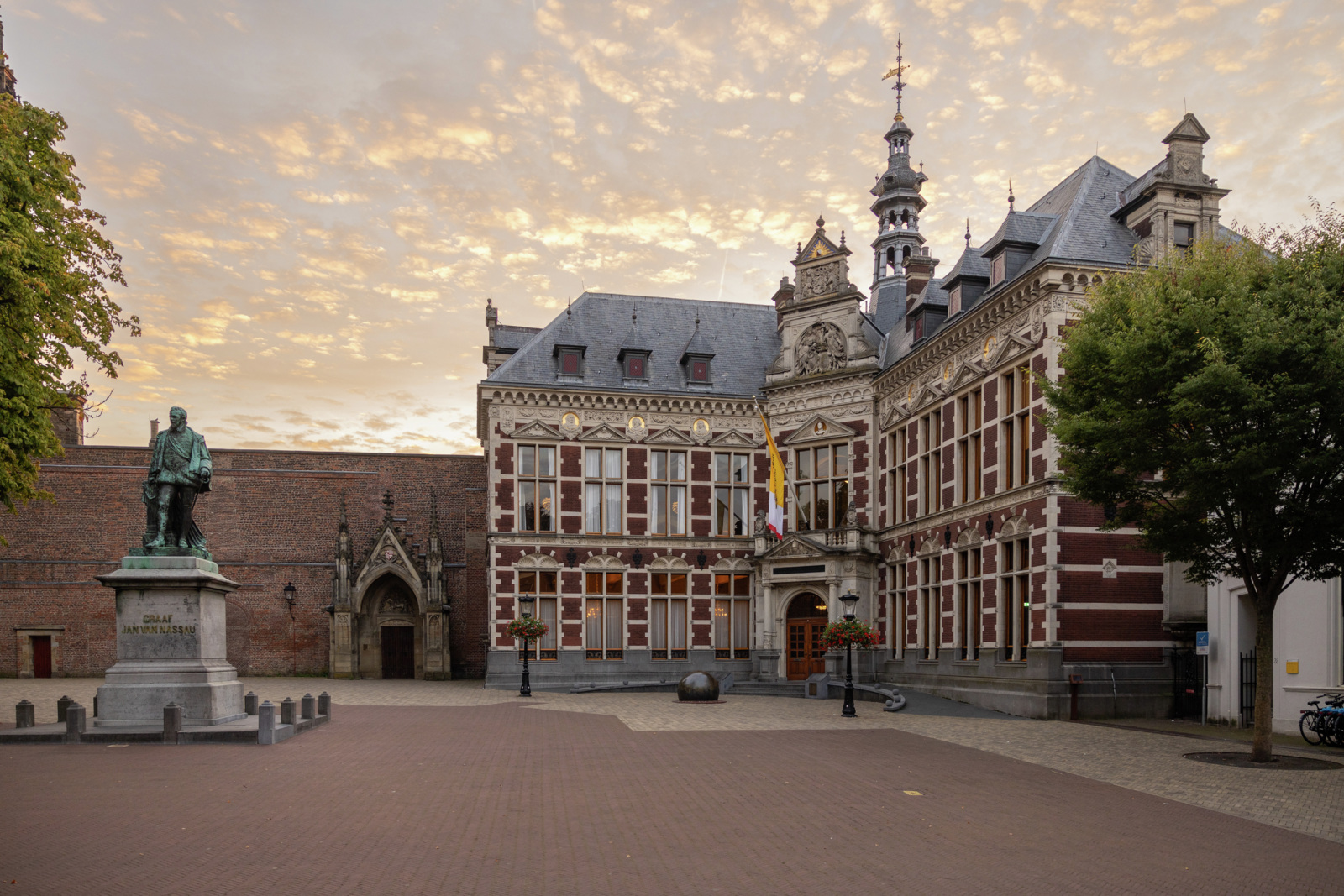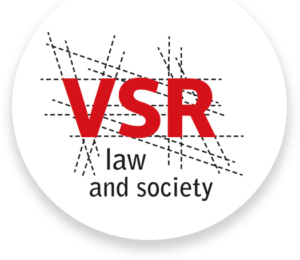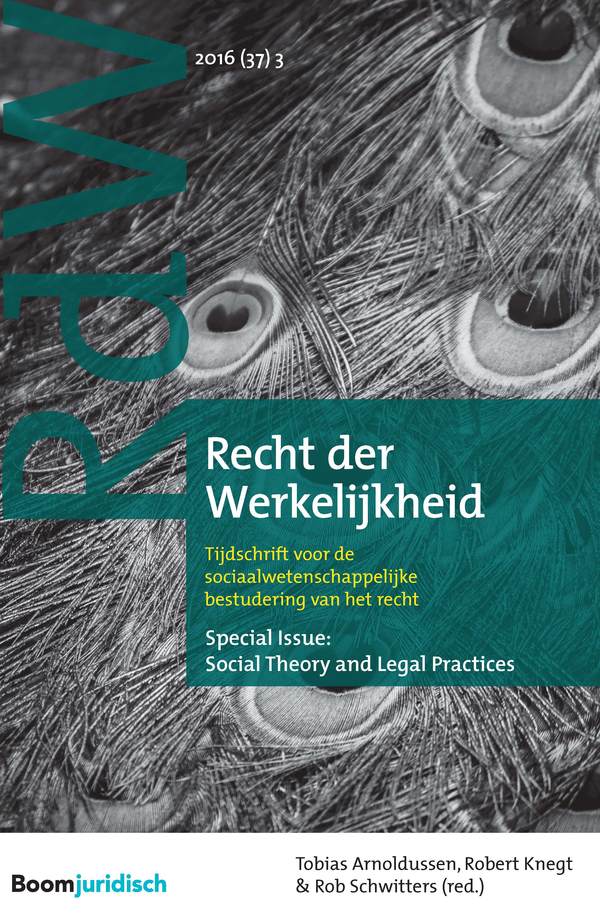

receive news
Recht der Werkelijkheid
Recht der Werkelijkheid is a double-blind, peer-reviewed journal related to the VSR, published by Boom Juridische Uitgevers. Established in 1980, the journal serves as an interdisciplinary platform for reflecting on law from the perspectives of socio-legal studies, legal anthropology, public administration, law and economics, and legal psychology. It focuses particularly on innovative empirical-theoretical contributions related to societal developments in relation to law.
Recht der Werkelijkheid publishes two regular issues annually, as well as one, usually English-language, special issue. In addition to articles, the Forum section features debates between authors on current topics. The “Work in Progress” section discusses ongoing (doctoral) research, and the journal also includes reviews of recent book publications. It primarily focuses on research from Dutch-speaking regions, the Netherlands, and Belgium. The journal welcomes contributions in both Dutch and English. Its target audience consists mainly of academics, legal practitioners, and policymakers.
For submitting manuscripts, ideas for special issues, suggestions for book reviews, or inquiries to the editorial team, please contact Dr. Danse de Bondt: d.a.m.debondt@uu.nl

